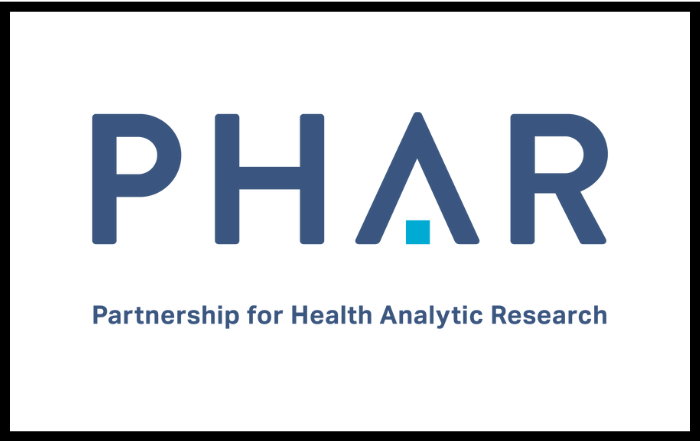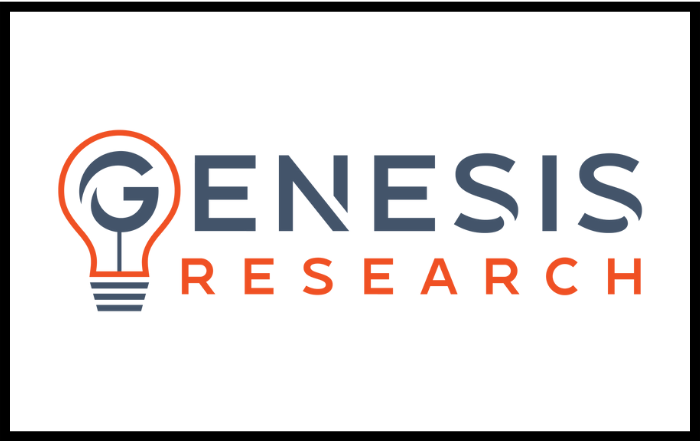ICER’s extension into non-drug assessments will have substantial implications for device, diagnostic and digital therapeutic innovators, as their new paradigm will allow for comparison of not only drugs against each other (or the natural history of disease) but also a comparison of products from different spaces within the life sciences industry. For example, also making their shortlist is a potential comparison of devices for atrial fibrillation compared to the oral anticoagulant, dabigatran.
In addition to this broader evaluation scope, ICER recently undertook their bi-annual value framework update, with the final details released on January 31, 2020. The changes made in this framework have significant implications, both positive and negative, for all health technology organizations facing the prospect of an evaluation. Understanding the updated framework and ways to work within ICER’s established processes is essential for success in ensuring that appropriate pre-evaluation research is undertaken, enabling the sponsor to provide cohesive and compelling input during the evaluation process.
The experts from Boston Healthcare Associates regularly leverage their expertise in health economics and outcomes research to assist clients with health economic modelling and ICER planning. In this webinar, participants will learn about the updated 2020 value framework, how ICER’s new evaluations may impact your technologies, and how to best prepare for and participate in the evaluation process.
Click here for additional information and registration details.



